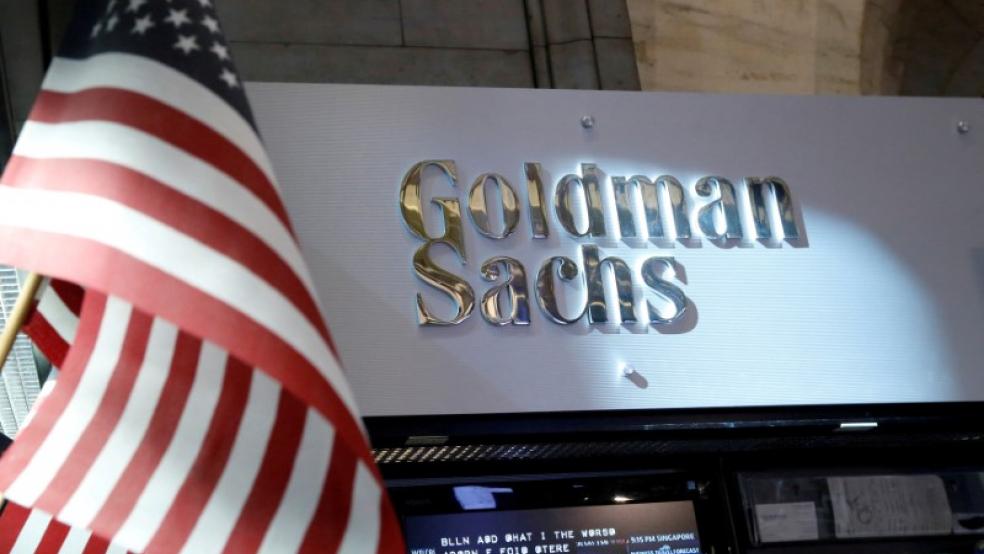Banks and other financial companies expecting big benefits from Republican-led deregulation spent record amounts on lobbying in the last election cycle, according to an advocacy group report released on Wednesday.
The financial sector spent $2.8 billion on political activity from the beginning of 2015 to the end of 2016, including $1.2 billion in campaign contributions – more than twice the amount given by any other business sector, according to the study from Americans for Financial Reform.
Related: Putting Wall Street First: GOP Attacks Plan to Help Millions Save for Retirement
That works out to $3.7 million per member of Congress and is the most ever tracked by the group, which analyzed spending data going back to 1990.
Furthermore, the actual amount is probably higher, because it did not include so-called "dark money": funds donated to political advocacy by nonprofit groups.
Wells Fargo & Co , Citigroup Inc , Prudential Financial Inc and Goldman Sachs Group Inc all spent more than $10 million each, the report said.
On Tuesday, Goldman Sachs released an investment analysis saying that large money center banks stood to profit significantly from the kind of financial deregulation expected from Republican President Donald Trump's administration and a Republican Congress.
Related: The One Way Trump’s Administration Really Is a Fine-Tuned Machine
As much as $218 billion in excess capital could be returned to shareholders or reinvested in the banks themselves if all the deregulation the industry is seeking comes about.
Among senators not running for president, Democrat Charles Schumer, now the minority leader, received the largest amount, with $5.3 million coming from financial firms. Mike Crapo, the Republican chairman of the Senate Banking Committee and who was also in the top 10 from the Senate, received $2.1 million.
Jeb Hensarling, the Republican chairman of the House Financial Services Committee who favors financial deregulation, received $1.9 million.
The report did not detail donations to presidential campaigns.
Though Trump has called for significant bank deregulation from both the agencies and via a congressional rewrite of the 2010 Dodd-Frank financial deregulation law, there will be pushback from Democrats and others. Goldman conceded in its review that it was unlikely that all Dodd-Frank era regulation would be undone.




